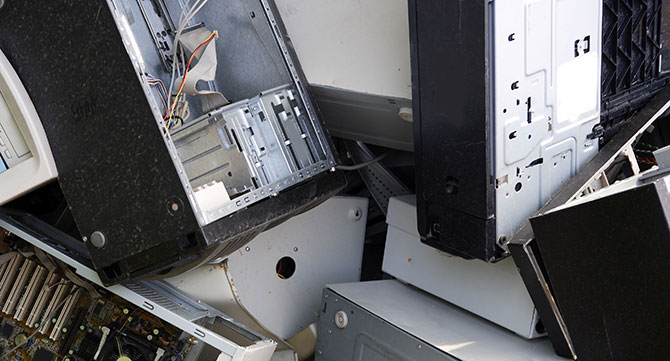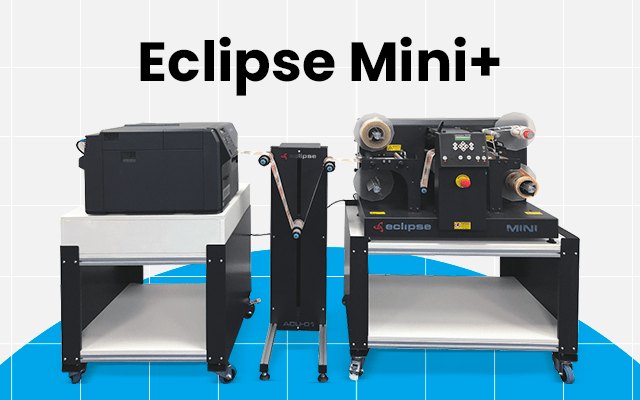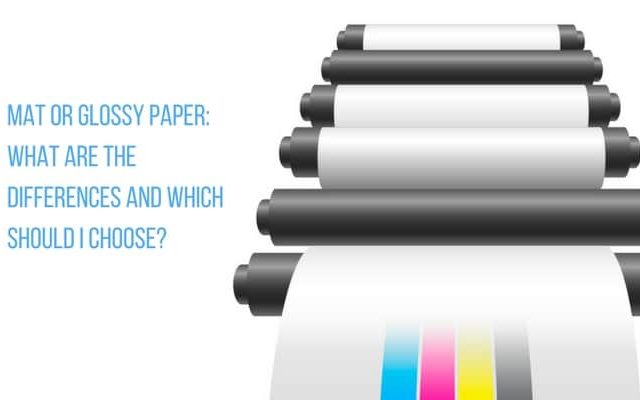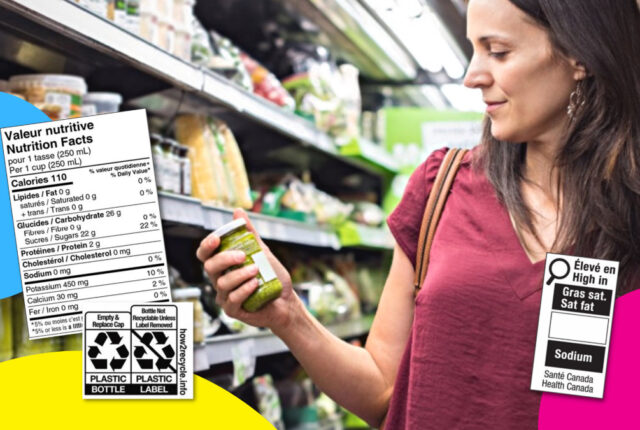Last april, SustPack 2016, a 2-and-a-half day event dedicated to making business more sustainable, tackled the top problems with packaging and its environmental impact.
The event, the second of it’s kind, is a collaboration between the American nonprofit organization called the Sustainable Packaging Coalition and Smithers Pira, a testing, consultancy and reporting firm for the packaging and paper industries.
Among the top issues identified was of course, sustainability. In this area, Dell has a very interesting initiative called Closed-loop recycling.
The idea is to use more and more recycled plastics into the design of its products with a new twist: Dell gets these recycled plastics from a worldwide takeback program, where consumers deposit their old Dell computers. Although Dell doesn’t say so, such a program is viable partly because it is able to offset some of its cost. The value of many of the computer components that are returned such as hard drives, precious metals and computer chips make it worthwhile for Dell and its supply chain collaborators to try it.
The Idea struck me because the company is applying the concept of “circular economy” successfully in a narrow application. Consumers, governments and consumer product companies are now struggling to coordinate their actions to reduce waste, yet Dell has put together this program relatively quickly and obtained impressive results: They estimate the avoided environmental cost to society of this program to be 1 million dollars annually.
It could be argued that this kind of recycling is the closest to the ideal of sustainability. It reduces the total amount of material and energy used to create packaging and it doesn’t put additional burden on the environment because reduces the amount of waste that actually gets into landfills, or the ocean.
If you think about it, beer companies have been doing it for decades with beer bottles. The average beer bottle gets refilled and resold 15 times. The beer industry is moving away from this practice however and increasingly adopting aluminum cans because the bottles are heavier and more expensive to ship and more and more retailers are finding the return process too labour intensive.
Certainly companies are being pressured more and more by consumer advocates and governments to make their packaging less damaging to the environment. When it comes to creating a circular economy, for now at least, it seems that some companies and not governments are leading the way.
Are you in the process of creating packaging? We’re packaging identification specialists and can help. Contact us.







